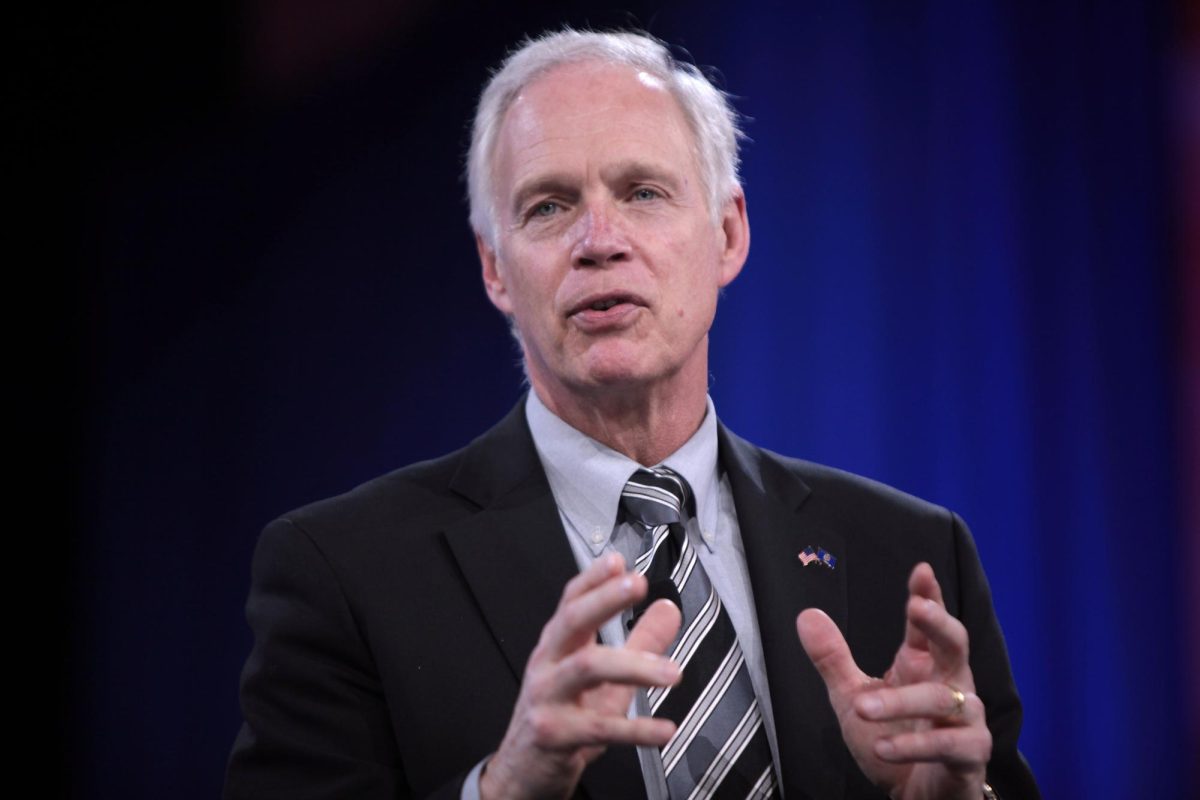According to UW Oshkosh Chancellor Andrew Leavitt, due to a “spending issue” at the University, a Vice Chancellor team will review every open position to determine if future hires are absolutely necessary as part of the new Increased Personnel Action Review (IPAR) Program.
Leavitt said layoffs are not an anticipated part of the IPAR plan, and noted the optional retirement packages previously offered to faculty and staff helped the spending problem, but the nearly 50 employees who did retire was not enough to remedy the situation.
“It is not our intention to lay anyone off,” Leavitt said. “What we’re going to be doing is look at the positions as they come available. We have anywhere between a three- to five-percent turnover in the number of employees we have on this campus in any given year. We think there is enough vacancy generated from that turnover to be able to manage this.”
The Vice Chancellor team is made up of Interim Provost John Koker, Vice Chancellor of Administrative Services Jim Fletcher and Vice Chancellor for Student Affairs Cheryl Green.
Leavitt said Fletcher took a look at the financial position of UWO and found changes had to be made going forward.
“Jim Fletcher was able to illuminate that in such a way that it has everybody’s attention,” Leavitt said. “This is not a crisis. I would say that we are concerned about it, and we need to change that trajectory, bend that curve and make sure expenses meet revenue.”
Political Science Department Chair James Krueger said although he does not yet have detailed information on the specifics of the financial plan, using turnover as opposed to layoffs is a more humane solution to any spending problem and a more realistic one due to rules and regulations involving tenure and seniority.
“Looking at hiring more closely certainly makes sense,” Krueger said. “It is hard to be in a place where we can say that there are other ways to cut costs without seriously impacting our services for students. So, in that sense, I think the Chancellor is working with the tools that he has.”
Leavitt said this issue has to do more with the University’s ability to generate revenue and that the recent bankruptcy filing by the UWO Foundation was not connected to this issue.
“No one’s scholarship is in jeopardy,” Leavitt said. “For the most part, we’re going to see some inconvenience in how we fund programs in the short term. We think that situation is going to be remedied very quickly though. I would say the two are relatively unconnected; it’s just that we have an issue here where revenue has fallen because of declining enrollment and declining state subsidy, and we have just not kept pace in cutting expenses to stay with it.”
Leavitt added although overall enrollment was down, for the first time in five years the University has more first-year students than it did the year before.
Koker said the vice chancellor team is committed to not interfering with students getting the best education UWO can offer while carrying out the IPAR plan, and in addition to current scholarships being safe, opportunities for more scholarships are being explored.
“I am committed to ensuring our academic programs continue to be of high quality and the classes students need to complete their degrees on time are offered,” Koker said. “This exercise is not a budget cut. It is designed to bring our spending in line with our available revenue.”
According to Leavitt, transparency is important in handling UWO’s financial situation going forward, and the goal of the institution has not changed despite the challenges that are present.
“We will continue to do everything we can to mitigate the impact that we have on the students when it comes to financial issues,” Leavitt said. “I think we have a strong track record of doing that. We’re here first and foremost to serve students. We have to look critically at everything we do in order to make ends meet.”








